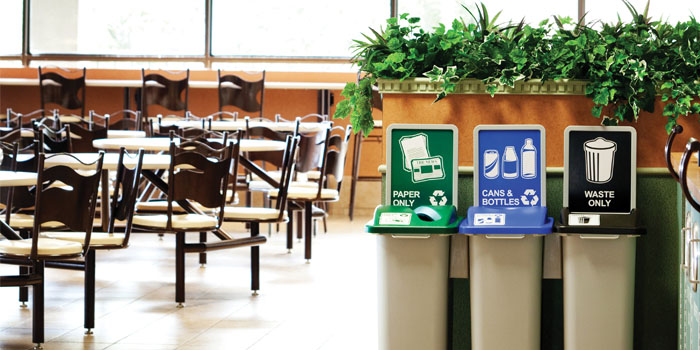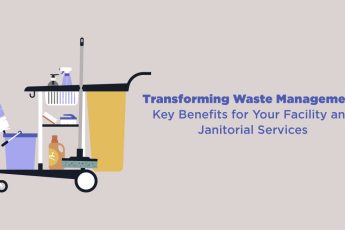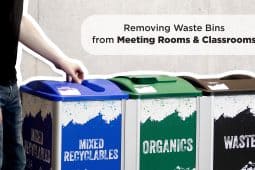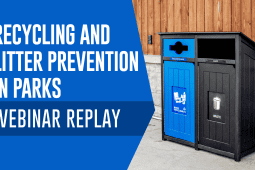The Resort and Hotel Industry serves millions of people annually and keeping their guests satisfied requires an enormous amount energy, water and food. Running a Hotel can be incredibly resource intensive venture.
Hotel chains all over North America and the world have taken note of the potential impact the industry is having on the environment and have put in place various initiatives, goals and sustainability policies to conserve water, save energy and reduce waste.
Here’s a look at some of these strategies:
Diverting Waste
The average Hotel guest creates about 2.2 lbs of waste per stay. In an effort to divert refuse from landfills, Hotels have implemented various recycling programs that include plastic, paper and glass. Other objects that are getting recycled include soap, mattresses, lights, batteries, & mercury-containing devices. Some Hotels have also instated paperless check-in and check-out procedures to reduce paper use.
Food waste has been scaled back as well with Hotels implementing composting programs, on-site Bio-Digesters, providing some of its compostable material to local community gardens and donating food to charities to feed those in need.

Saving Energy
Hotels have set goals to reduce energy use within a certain timeframe by taking part in the U.S. Department of Energy Better Buildings Challenge. One such tactic to help reduce energy consumption is by replacing incandescent light bulbs with LED lighting with the potential savings of millions of kilo-watt hours.
New Hotels are also being built to LEED standards, using alternative energy sources by installing solar panels or wind turbines, purchasing energy efficient appliances as well as recycling warm air as a means to save energy.
Conserving Water
According to a study by Sustainable Travel International, the average Hotel uses around 218 gallons of water per day for each occupied room. To stem the flow of wasted water, Hotels have implemented low-flow toilets, faucets and showerheads, infrared taps and foot pedals in public washrooms and kitchen sinks.
Other tactics to scale back water consumption include collecting and purifying rainwater or greywater to use for landscaping, planting environment resistant plants, laying moisture-retaining mulch in planters and installing washing equipment that uses 50% less water.
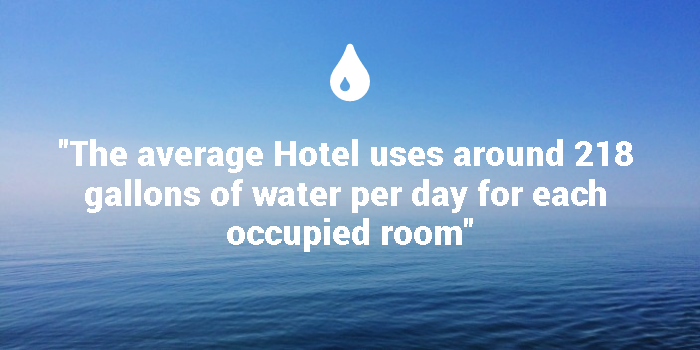
Reducing Carbon Emissions
Taking into consideration the amount of energy it takes to power an individual Hotel let alone millions of locations around the world, offsetting the collective carbon footprint has become another facet of the industry’s sustainability efforts. More efficient lighting as mentioned before has reduced thousands of tons of CO2 from entering the atmosphere.
In order to help better understand their carbon emissions, over nine major Hotel chains participated in Cornell’s Hotel Sustainability Benchmarking (CHSB) Study, which analyzed the monthly utility usage of over 2000 Hotels giving them a better understanding of how much energy they were using and how much needed to be saved.
The Hospitality and Tourism Industry is definitely one to look at for effective sustainability practices and how simple changes can save millions of kilowatt hours, divert tons of waste from landfills, reduce CO2 emissions equaling thousands of cars off the road, and saving thousands of gallons of water.
Sources:
https://cr.hilton.com/environment/
http://www.fairmont.com/corporate-responsibility/environment/
https://serve360.marriott.com/


